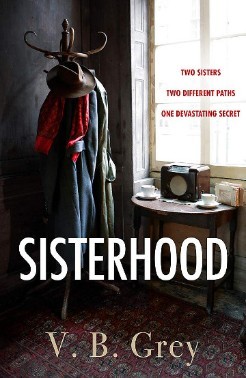PROLOGUE
Freya
London, 9 November 1989
I'm still able to follow my own train of thought, but listening to other people makes me tired so I keep the sound turned off on the television. Like a child watching a cartoon, I can usually follow the action by looking at people's expressions, but on this extended news programme I'm struggling to read the earnest young faces.
The Benetton colours of their jackets are bright under the searchlights trained on them from the eastern sector. On this side, the west, the Berlin Wall is covered with graffiti. Someone has found a ladder and and those already on top of the wall are pulling others up. It's been dark for hours and they wear scarves, keeping their hands in their pockets and their shoulders hunched against the November cold.
The TV coverage cuts to another section of the Wall where young men are hammering and chiselling at a concrete surface that barely yields. The force of their misty breath and focused energy conveys hope and joy: not merely knocking down but breaking through.
Even if I could easily follow the newscaster's commentary, what would I learn? Is change of this magnitude really about to happen or will the tanks arrive in the morning to shore up the old regime once again? The anxiety on these young faces asks the same question.
I think of the Narnia books I used to read to the children when they were little, and how the snow of endless winter- always winter but never Christmas- began to thaw. But thaw can be painful, and regeneration cruel. Can I face it?
If these serious, eager people succeed in demolishing what has for so long seemed unalterable, and actually tear a hole in the Iron Curtain, then how many decades of secrets will come tumbling through?
Oh yes, I understand all to well why sometimes it is far less complicated to keep a wall in place.
